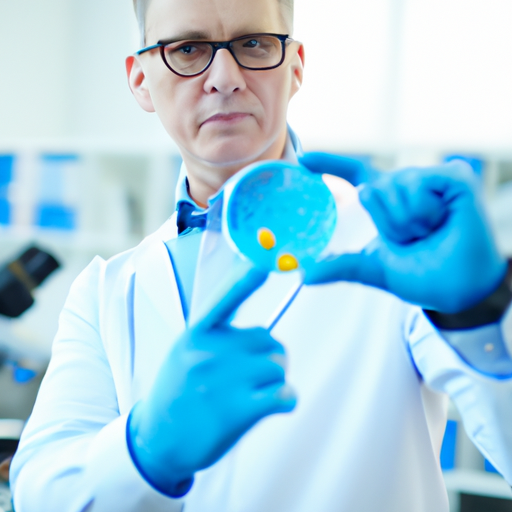Synthetic biology is a revolutionary field that combines biology and engineering, aiming to design and construct new biological parts, devices, and systems. In recent years, this interdisciplinary science has gained significant traction in various sectors, including healthcare, agriculture, and environmental science.
What is Synthetic Biology?
Synthetic biology integrates principles of biology, engineering, genetics, and genomics to create or redesign organisms for specific purposes. It goes beyond traditional genetic engineering by using a more systematic and quantitative approach to understand biological systems. This allows scientists to alter organisms’ natural functions or create entirely new forms of life from scratch.
Key Technologies in Synthetic Biology
- DNA Synthesis: Advances in DNA synthesis technologies have made it possible to design genes and create entire genomes in vitro, enabling researchers to develop custom microorganisms for various applications.
- CRISPR: The CRISPR-Cas9 system is a groundbreaking tool that allows scientists to edit genes with high precision, facilitating the introduction of desired traits into organisms.
- Metabolic Engineering: This technique involves redesigning metabolic pathways in organisms to optimize the production of valuable compounds, such as biofuels, pharmaceuticals, and food additives.
Applications of Synthetic Biology
Synthetic biology has the potential to address some of the world’s most pressing challenges:
- Healthcare: Synthetic biology can lead to advancements in gene therapy, the production of vaccines, and personalized medicine, significantly improving patient outcomes.
- Agriculture: Genetically modified crops created through synthetic biology techniques can be engineered to be more resistant to pests, diseases, and environmental stresses, leading to increased food security.
- Environmental Sustainability: Synthetic microorganisms can be designed to break down pollutants, capture carbon dioxide, or produce renewable energy sources, aiding in the fight against climate change.
Challenges and Ethical Considerations
Despite its potential, synthetic biology raises ethical concerns and safety issues. The ability to create and modify life forms prompts discussions about the implications of “playing God”. Researchers and policymakers are working together to create regulatory frameworks that ensure the safe and ethical advancement of synthetic biology.
The Future of Synthetic Biology
As technology continues to evolve, synthetic biology will play a significant role in shaping the future of biotechnology. Its potential to innovate across various industries could lead to groundbreaking solutions for some of humanity’s biggest challenges. With ongoing research and collaboration, the possibilities of synthetic biology are limitless.
Conclusion
Synthetic biology represents a new frontier in the understanding and manipulation of life itself. By merging biology with engineering, we can tackle the global issues of health, food, and sustainability, making it one of the most exciting fields of our time. Embrace the future of biotechnology, as synthetic biology paves the way for advancements we have yet to imagine.
For more information on synthetic biology and its applications, stay tuned to our blog!





